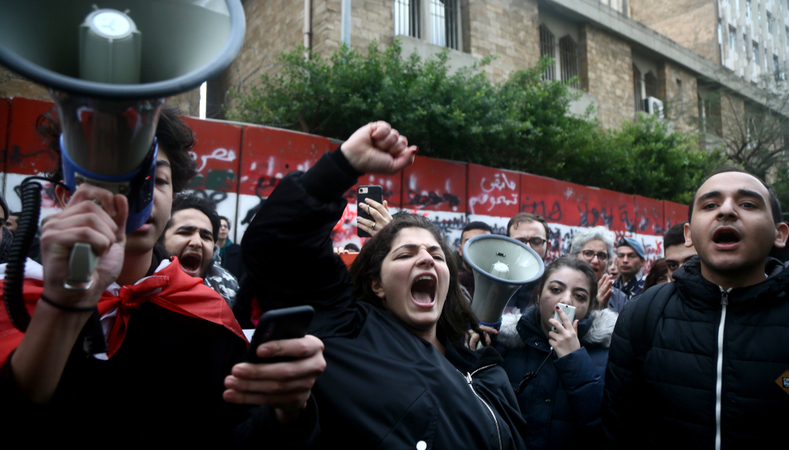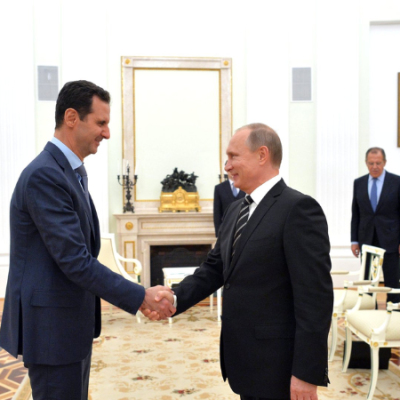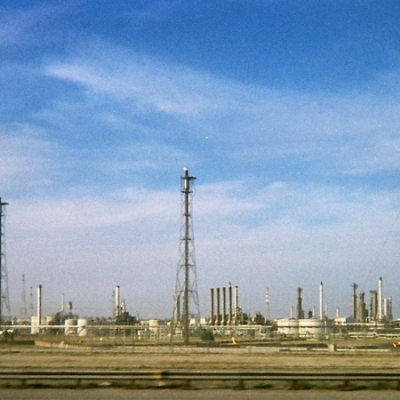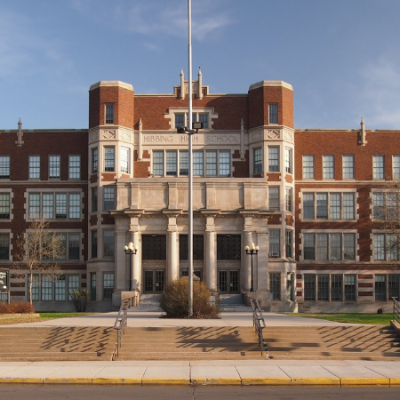Lebanon’s central bank overturns decision on dollar withdrawal

The governor of Lebanon’s central bank Thursday reversed the decision to halt withdrawals, after the rule triggered public outrage and street protests across the country. Responding to public anger, Governor Riad Salameh reassured people that the Central Bank was not bankrupt and depositors’ money is safe. He added that the Lebanese banks will continue to allow depositors to withdraw their savings from dollar accounts in local currency at a fixed rate of 3,900.
The announcement was made by Central Bank governor Riad Salameh after he met President Michel Aoun and the Shura Council, the head of Lebanon’s highest administrative court, to discuss the banking situation in the country.
“It was decided to consider Circular No. 151 issued by the BDL, as still valid,” a statement by the Lebanese presidency said. According to Circular 151 decreed in April 2020, Lebanese depositors were allowed to withdraw dollars from their accounts, with funds given in local currency at a rate of 3,900 pounds.
As per state news agency reports, Lebanese protesters blocked roads in Beirut on Wednesday morning in response to the Central Bank’s suspension of withdrawals from dollar accounts in line with the Shura Council’s decision. Hundreds of depositors lined up outside ATMs to withdraw their savings at the 3,900-pound-per-dollar rate, a day before the rule was scheduled to come into effect on Thursday.
Critics of the government lashed out at the authorities for halting withdrawals and called on depositors to demand their money in foreign currency. Responding to the chaos, the Central Bank had affirmed that it asked the state consultative council’s decision to ban withdrawals. Amid the ongoing economic crisis in the country, depositors have been locked out of their dollar accounts by banks.
Over the past 18 months, Lebanon has been grappling with a deep financial crisis. In addition, the ruling elite has not been able to form a new government due to political disagreements between President Aoun and prime minister-designate Saad Hariri over the formation of the cabinet. The political rift has delayed much-needed financial reforms, resulting in further deterioration of the cash-strapped economy.
Since late 2019, the Lebanese pound is witnessing a free fall, losing around 85 percent of its value. Currently, it is trading at about 13,000 to the dollar in a thriving black market. On Tuesday, the World Bank predicted that the Lebanese economy will shrink by approximately 10 percent in 2021. In its latest report, the World Bank stressed the economic collapse of the country is likely to be one of the most severe financial crises globally since the mid-19th century.



